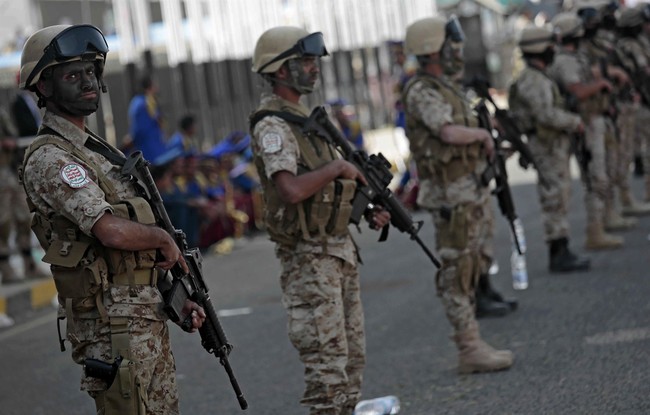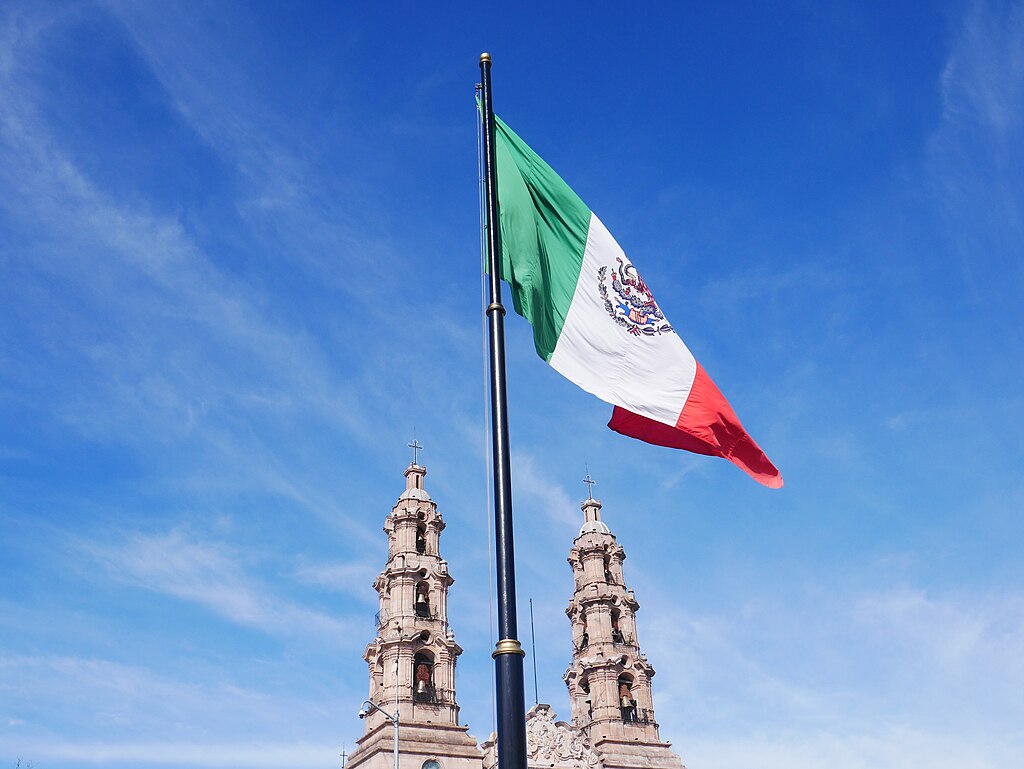Intrigue Unfolds: Assad's Family on the Move
Developments draw attention as members of the Assad family navigate political tensions, legal issues, and dramatic escapes, impacting Lebanon and the Middle East.
Published December 29, 2024 - 00:12am

Image recovered from tass.com
In recent days, Lebanon has found itself at the center of a complex political and legal drama involving the Assad family. The Lebanese authorities detained the wife of Duraid Assad, related to former Syrian President Bashar Assad, at the Beirut international airport. Reports indicate that she, along with her daughter, had been trying to flee Lebanon using false passports, underscoring a web of deceit and desperation among the fragmented Assad family.
The detained individuals are directly connected to Rifaat Assad, the infamous uncle of Bashar Assad who has a turbulent history marked by a failed coup and subsequent legal battles across Europe. Rifaat's presence in Lebanon emerged after Bashar Assad granted him permission to re-enter Syria in 2021, provided he abstains from political activities. This allowance followed years of exile due to accusations that paint him with a sordid brush, including corruption, war crimes, and human rights abuses alleged in various jurisdictions, including Spain, France, and Switzerland. However, due to his deteriorating health, many cases against him were dismissed.
Adding to the intricate narrative, Rifaat Assad was reported to have left Lebanon for Dubai via a private jet just days before the aforementioned detentions at Beirut's Refik Hariri International Airport. This development was corroborated by several media sources, highlighting a clandestine network of escape routes from Syria to Lebanon and into broader regions. Notably, Rifaat is remembered for his role in the devastating crackdown in Hama, Syria, in 1982, an event that left a bloody mark remembered by many, earning him the moniker 'The Butcher of Hama.'
The Lebanese security vacuum is further complicated by the ongoing tension stemming from Syrian political shifts. A significant number of Syrian military officers and government affiliates associated with Bashar Assad's old regime sought refuge in Lebanon following his deposition. This fragile geopolitical environment has led Lebanon to execute a strategic, albeit controversial, process of returning around 70 Syrian officers and soldiers who entered Lebanon illegally. They were sent back across the border to face an uncertain fate amidst the establishment of the new governing forces in Syria.
Amidst these tense proceedings, other notable Syrian figures have been observed moving through Lebanon. For instance, Bouthaina Shaaban, a key advisor to Bashar Assad, managed a legal departure from Lebanon to Abu Dhabi, signifying an organized exit strategy employed by Assad affiliates facing probable punitive actions from Syria's new rulers. Such high-profile movements did not go unnoticed, raising questions about potential collaborations or existing prerogatives within Lebanese and Syrian political landscapes.
Continuous legal and diplomatic negotiations seem inevitable, as both Lebanon and Syria adjust to the post-Assad realities. For Lebanon, the influx of Syrian refugees that include both civilians and political actors has strained resources and tested political alliances. As the Middle East remains embroiled in this theatrical turning point, the international community observes a delicate balance of power and moral accountability unfold in the shadow of displaced families seeking refuge or facing justice for crimes etched in the chapters of Syria's tumultuous decades.
As the saga of the Assad family continues to evolve, its implications ripple across borders, challenging regional stability and provoking international discourse around human rights law and political asylum. Observers and stakeholders remain vigilant, tightly grasping the threads of unfolding events that may yet shift the contours of Middle Eastern politics once more.







